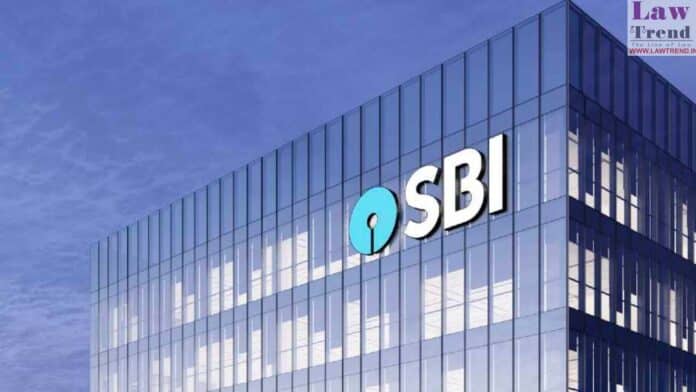The Delhi High Court has dismissed a petition filed by the State Bank of India (SBI) challenging a trial court’s order that refused to take additional documents on record at the stage of final arguments in a decade-old suit. Justice Girish Kathpalia, presiding over the matter, upheld the trial court’s decision, ruling that a litigant
To Read More Please Subscribe to VIP Membership for Unlimited Access to All the Articles, Download Available Copies of Judgments/Order, Acess to Central/State Bare Acts, Advertisement Free Content, Access to More than 4000 Legal Drafts( Readymade Editable Formats of Suits, Petitions, Writs, Legal Notices, Divorce Petitions, 138 Notices, Bail Applications etc.) in Hindi and English.




